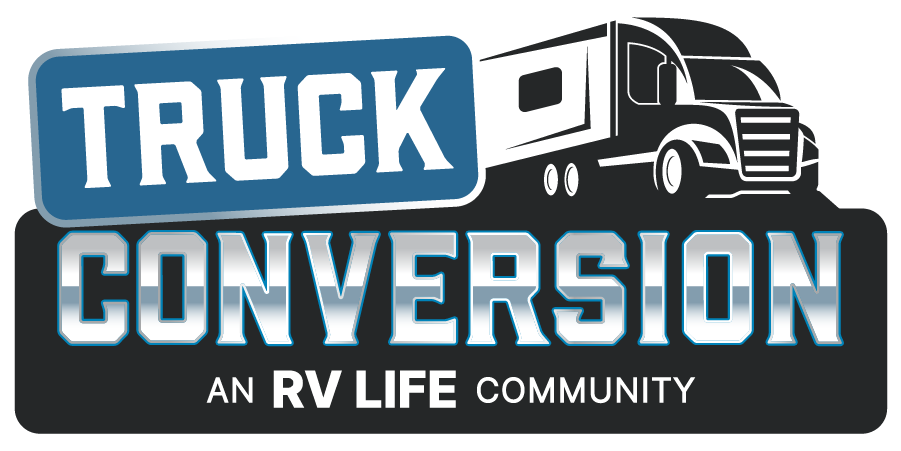So, I'm kind of confused here. Looks like Geof is saying there is some validity to this? And you think I need to reinforce my trailer? I don't mind reinforcing it if it needs it. But, how can you tell if the trailer isn't strong enough to be towed by a truck conversion but it is by a lesser tow veh? My trailer is 100% aluminum frame so I would have to reinforce it with more aluminum tho, not steel. My trailer is rated at 10k lbs total, empty weight of the trailer is 3k, my Vette scales at 2800 lbs (it's a gutted out track car), 8 extra wheels/tires, misc tools, I don't think I'm over 4k of cargo/car. That makes 7k total approx. For a trailer rated at 10k.

